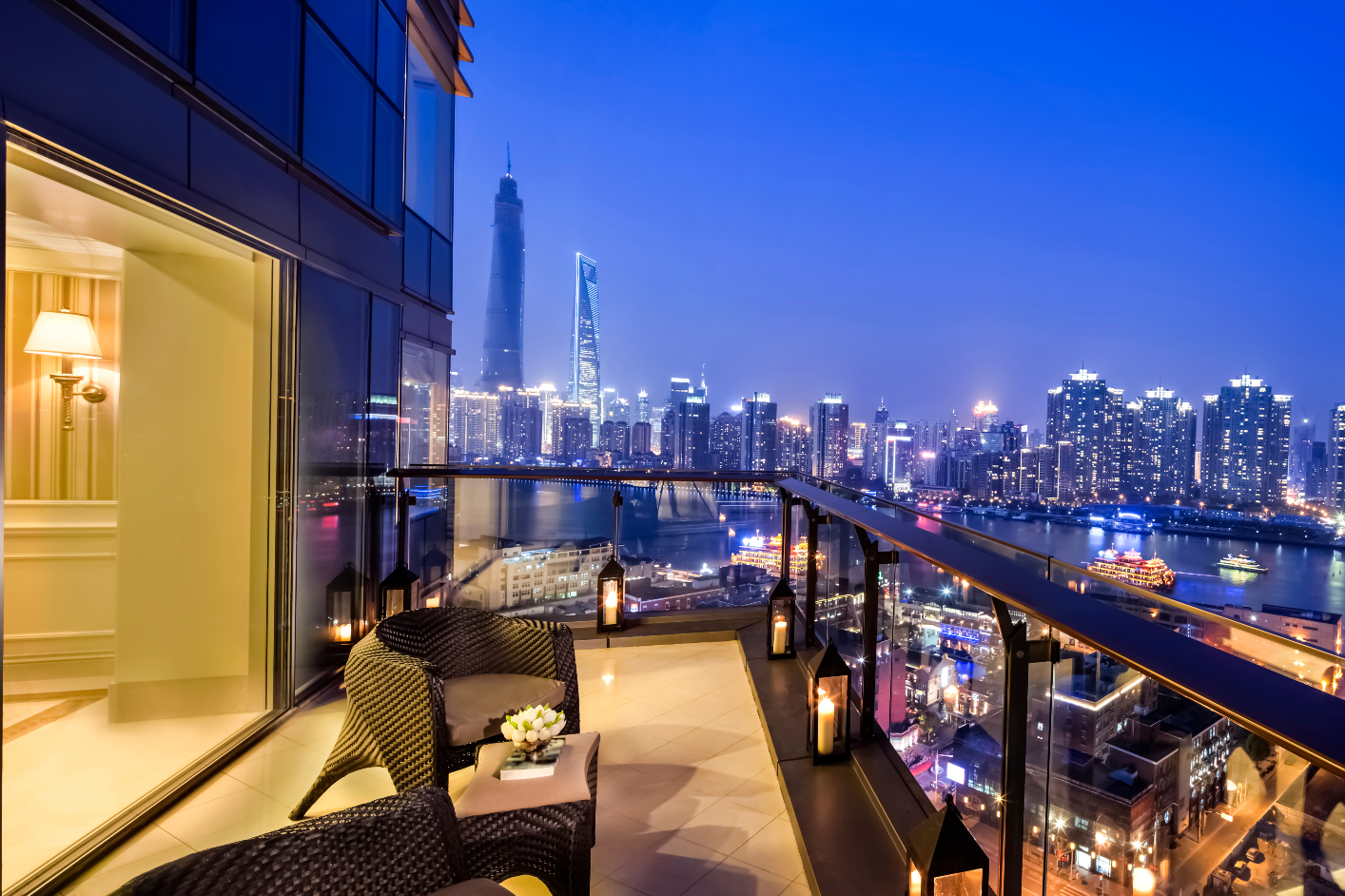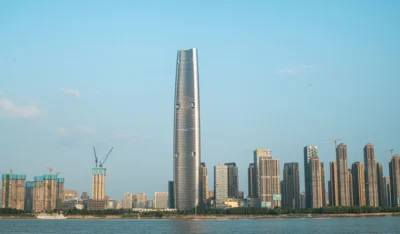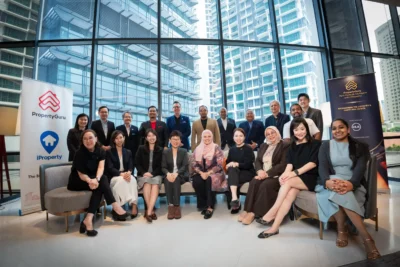Investors regain confidence in the hotel sector across Asia Pacific
JLL’s survey indicates over 70 percent of investors want to strengthen the exposure of the hotel sector in 2021
Despite the continuous stress on the tourism and hospitality sectors from COVID-19, investors expressed their confidence and optimistic outlook on the long-term future of the Asia Pacific hotel industry, according to JLL.
Around 70 percent of investors surveyed by JLL mentioned that they are interested in bringing capital into the sector in 2021, further proving their standpoint as to where the industry is heading.
In 2021, JLL is predicting roughly USD7 billion in transactions, a 20 percent increase year-on-year, from USD5.8 billion in 2020. Pricing and financing will become more important factors for investors, while the gap between buyer and seller price expectations will slim as distress becomes less likely. More than 80 percent of investors surveyed are anticipating discounts of 20 to 30 percent, while sellers hope for around 10 percent in asking prices.
Japan and Southeast Asia, with 52 and 46 percent respectively, are coming on top as the most sought-after hotel investment markets in the region due to positive long-term fundamentals and strong demand dynamics. Australia and China are also viewed favourably with 31 and 22 percent respectively.
Nihat Ercan, the senior managing director and head of investment sales for Asia Pacific at JLL Hotels & Hospitality Group, said, “the cycle has been reset and we are now on the cusp of a period of recovery. Optimism around the deployment of vaccines and an eventual recovery in tourism has started to drive activity and investors don’t want to miss the opportunity. At the same time, record amounts of capital have been raised to be deployed into the real estate sector in general, including into hospitality.”
Around 25 percent of investors surveyed are thinking twice when making capital decisions, conducting more research on the industry’s COVID-19 recovery before making further financial commitments. Roughly five percent of investors plan to exit the sector and shift their focus on other asset classes.
“Demand for assets has initially concentrated on core markets like primary cities in Japan and Australia, yet we see this diversifying in the coming months,” Ercan added.
On top of that, investors believe the current environment offers a golden opportunity in backing existing properties and pivoting attention onto asset management initiatives such as repurposing, renovations, and repositioning properties in response to changing consumer preferences.
More: Utopia Corporation plans to launch Phuket’s new luxurious icon
Xander Nijnens, the managing director, as well as head of advisory and asset management for Asia Pacific at JLL Hotels & Hospitality Group, said, “the past year has been all about protecting cash flow and this will continue for the coming 12 to 18 months. Seasoned owners realise that now is the time to invest in existing hotels, with little displaced business. However, it is a balancing act in keeping operating costs flexible, while investing ahead of the recovery to edge in front of competitors and meet guests needs.”
About 36 percent of investors said their top priority in 2021 is to invest in their assets, and focus on controlling costs and maintaining cash flow discipline.
“There are deals to be done in the current environment, yet value-add players will have the upper hand as they are willing to roll up their sleeves to invest ad reposition hotels with a view of selling them in three to five years,” concluded Nijnens.
Recommended
6 developments driving Asia’s green real estate shift
Developers are being incentivised to push a green agenda into daring new realms
The Philippines’ LIMA Estate drives sustainable industrial growth
LIMA Estate models a citywide vision that uplifts workers while appealing to climate-conscious employers
Malaysia property market rebounds with foreign interest and growth
The nation’s property market is stirring to life, fuelled by foreign buyers and major infrastructure drives
China’s renewable energy surge redefines housing norms and development
From exporting solar panels to building entire green-powered neighbourhoods, China’s renewable surge is redefining housing norms








